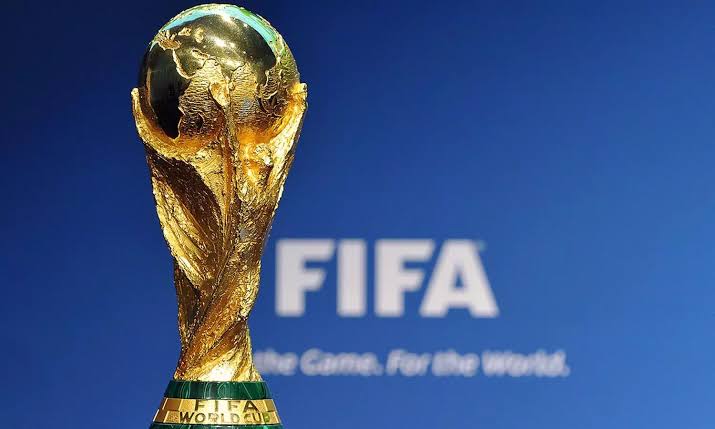AUSTRALIA’S BID FOR THE WORLD CUP: A DREAM CLOSE

Australia’s World Cup bid is more than a dream; it’s a testament to the nation’s love for football and its desire to host the globe’s biggest sports spectacle.
The Australian football landscape is on the brink of a monumental shift. With the nation throwing its hat into the ring for hosting one of the upcoming FIFA World Cups, the collective breath of Aussie football fans is held tight in anticipation. This bid is not merely about bringing a global tournament down under; it’s about showcasing Australia’s passion for the game, its world-class facilities, and its unique culture to the world. The potential hosting of the World Cup represents a golden opportunity to elevate the profile of football in a country where the sport has historically played second fiddle to other codes.
At the core of Australia’s bid lies a vision to ignite a lasting football legacy. The prospect of hosting the World Cup is seen as a catalyst for growth at all levels of the sport—from grassroots to professional leagues. The excitement and engagement generated by such a global event have the power to inspire a new generation of players, coaches, and fans. Furthermore, it presents an unparalleled chance to improve infrastructure, with the upgrading of stadiums, training facilities, and transport networks, ensuring lasting benefits for communities across the country.
Economically, the impact of hosting the World Cup cannot be overstated. The influx of tourists, media, and football officials would provide a significant boost to the local economy, creating jobs and stimulating growth in sectors ranging from hospitality to retail. This economic windfall, however, is just a part of the broader benefits. The global exposure Australia would receive as a World Cup host is invaluable, positioning the country not only as a top-tier sporting destination but also highlighting its diversity and welcoming nature on the world stage.
However, the path to securing the World Cup is fraught with challenges. Competing against nations with equally compelling bids requires Australia to leverage its unique strengths. The country’s successful track record in hosting major international sporting events, including the Sydney 2000 Olympic Games and the 2015 AFC Asian Cup, serves as a testament to its capability to deliver events of the highest standard. Moreover, Australia’s commitment to sustainability and innovation aligns with FIFA’s evolving vision for the World Cup, potentially giving its bid a competitive edge.
The bid also represents a unifying force for the nation. In a country as geographically vast and culturally diverse as Australia, football has the unique ability to bring people together. Hosting the World Cup would not only be a celebration of football but a celebration of Australia’s multicultural fabric. It offers a platform to showcase the inclusive spirit of Australian society, where people from all walks of life come together in their shared love for the beautiful game.
Despite the uncertainties that accompany any bid to host a World Cup, Australia’s dream remains undeterred. The nation’s football community, from the grassroots supporters in the suburbs to the professional athletes on the world stage, stands united in its ambition to welcome the world. It’s a dream that transcends the desire for international acclaim, rooting itself in the belief that football can foster global connections, inspire positive change, and bring joy to millions.
As the decision looms closer, Australia’s bid for the World Cup continues to gather momentum, fueled by the collective passion of a nation where the love for football knows no bounds. Whether successful or not, the journey of the bid itself is a reflection of Australia’s growing stature in the global football community and its unwavering commitment to the growth and development of the sport. In the heart of every Australian football fan lies the hope that soon, the dream of hosting the World Cup will become a reality, marking a new chapter in the nation’s rich sporting history.